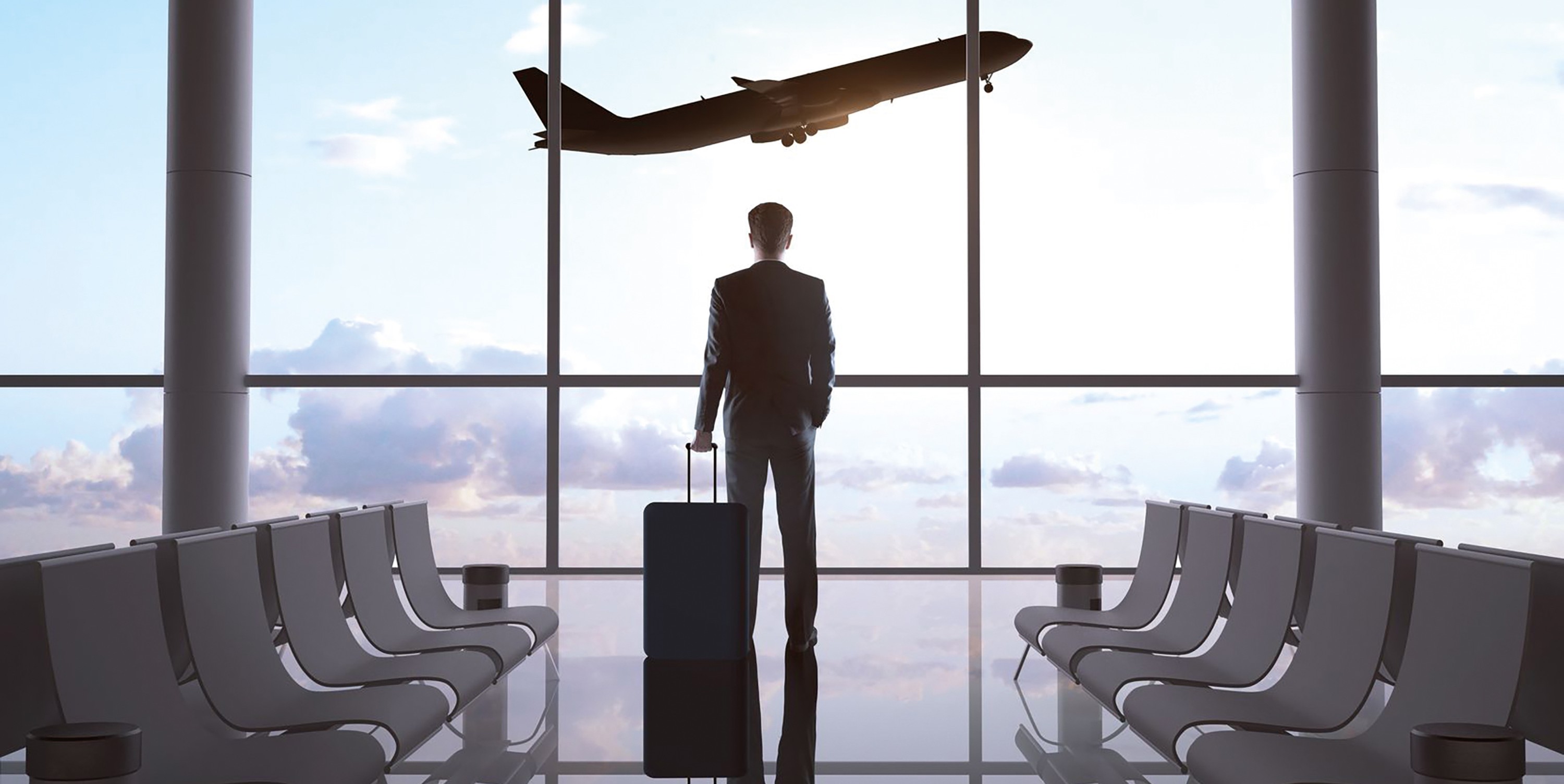The future of global business travel by 2040 is expected to be shaped by technological advancements, sustainability efforts, and shifting global demographics.
A report by CWT and the Global Business Travel Association (GBTA), ‘2040: Baseline, Boom, or Bust’, outlines three possible scenarios for the industry: Base Case, Boom, and Bust.
Travel News spoke to three senior travel executives on the topic.
Base Case
The Base Case scenario predicts that the business travel sector grows moderately, reaching over one billion travellers by 2040.
This scenario sees a balanced integration of sustainability and technology, where companies focus on essential travel and utilise virtual meeting tools to maintain efficiency. Around 18% of the workforce would be involved in business travel, with businesses adopting eco-friendly practices and advanced travel management solutions.
Garth Wolff, CEO of eTravel sees the Base Case as unlikely.
“Mankind always pushes the realms of new destinations and has a constant desire to explore,” says Wolff.
Jonathan Gerber, CEO of Tag Travel, views this as a realistic but modest outcome. He emphasises that most businesses thrive on human interaction and expects this to continue.
What would this scenario mean for South Africa?
“I would be disappointed if this was the case for us, as this would mean going backward against the world. We need to grow; there are lots of African opportunities,” Gerber tells Travel News.
Boom
The Boom scenario predicts robust growth, with the number of business travellers surpassing 1,2 billion by 2040.
This growth would be driven by increased travel to emerging markets, particularly in Africa and Asia. Advancements in sustainable aviation fuel, green technology, AI, Virtual Reality, and automation will support this expansion. In this scenario, nearly 22% of the global workforce would be engaged in business travel.
Gerber is optimistic about Africa and Asia’s potential growth but is cautious about its global feasibility. “I am not sure this is realistic globally, given pressure from the ESG sector.”
However, he sees great potential for South Africa.
“If South Africa can maintain economic superiority in Africa, then we could well become the business gateway to Africa and see this Boom scenario happening.”
Wolff was optimistic. “I would say that the Boom case will be the order of the day by 2040, coupled with new modes of travel becoming available.” He emphasised the need for professional travel services to evolve by using state-of-the-art AI to provide personalised services.
Linda Edwards, MD of XL Turners Travel, also finds the Boom scenario plausible, particularly with regard to the increase in travel to emerging markets.
“This sector has seen substantial growth that started pre-COVID and has not slowed down,” she says.
Edwards believes green technology and investments in renewable energy could drive global collaboration and boost corporate travel.
Bust
In the Bust scenario, business travel growth slows, capped at around 800 million travellers by 2040.
Factors such as stringent sustainability regulations, slow adoption of eco-friendly practices, and the rise of remote work contribute to this decline. Companies may also increasingly rely on virtual meetings, with geopolitical instability and economic uncertainty further reducing demand for travel.
Gerber is sceptical of this scenario coming into being. “To a large extent, the virtual situation was thrown at us during COVID. The technology is available, and we have seen some shift towards this, but not as much as expected once travel limitations were lifted.”
Gerber believes business travel will be resilient and he predicts a trend somewhere between the Base and Boom scenarios.
“I think this (Bust) scenario is unlikely… we will vacillate between base and boom with more of a slant towards boom from a South African perspective,” he says. But he cautions that political factors could influence the outcome.
Wolff dismisses the Bust scenario outright. “Not up for discussion at all!”
Wolff’s optimism stems from his belief in the enduring desire for global exploration and business growth. He asserts that companies need to adapt to the evolving landscape, saying that business travel will continue to thrive if they do.

